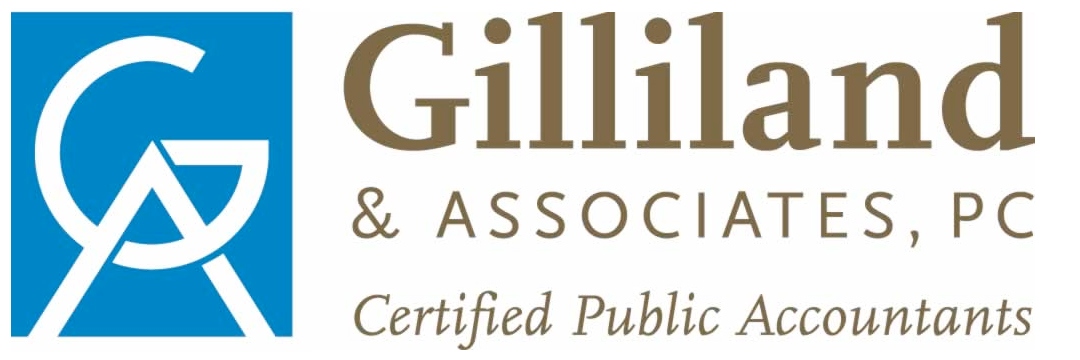Who qualifies as your dependent? Here’s the tax answer
Who depends on you? When the people counting on you for support are qualifying children or relatives, you may be eligible for a dependency exemption of $3,650 on your 2010 federal income tax return ($3,700 on 2011 returns).
Not sure who meets the definition? Consider these facts.
* Dependents cannot have dependents. The “dependent taxpayer” test prevents you from claiming a dependent when someone else claims you on their return. Put another way, you can only claim a dependent if you yourself are not one.
* The tax code gives a definition of a qualifying child. Generally, a qualifying child must not have filed a joint return. In addition, the child must be younger than you are.
* Divorced or separated parents need a signed release to claim an exemption. If you’re a noncustodial parent who wants to claim a dependency deduction for your child in 2010, you must attach Form 8332 to your federal income tax return. As a general rule, copies of divorce decrees or separation agreements are no longer acceptable.
* Qualifying relatives can include family members who do not live with you. Do you support a parent in a nursing home or another state? You may be able to claim a dependency exemption as long as your loved one’s gross income is less than $3,650 for 2010 ($3,700 for 2011), and you provide more than half the total support.
If other family members pitch in to help but no one individually furnishes more than half of your loved one’s total support, you can still benefit. A “Multiple Support Declaration” (Form 2120) lets you decide who claims the exemption.
Contact us if you need more information.
